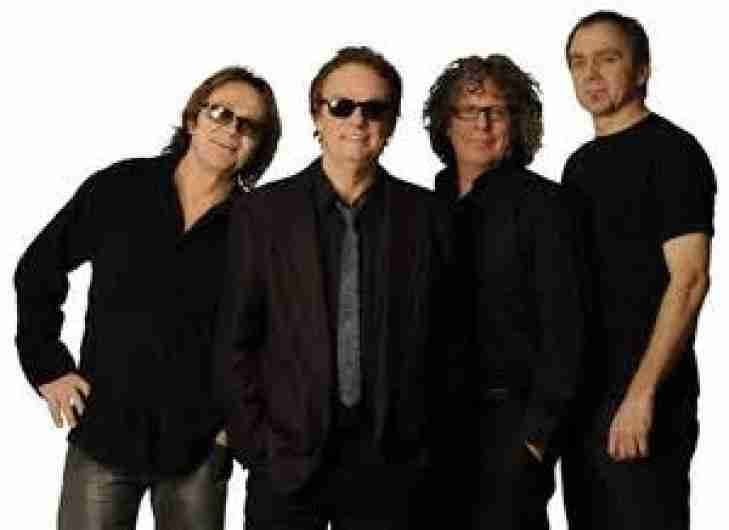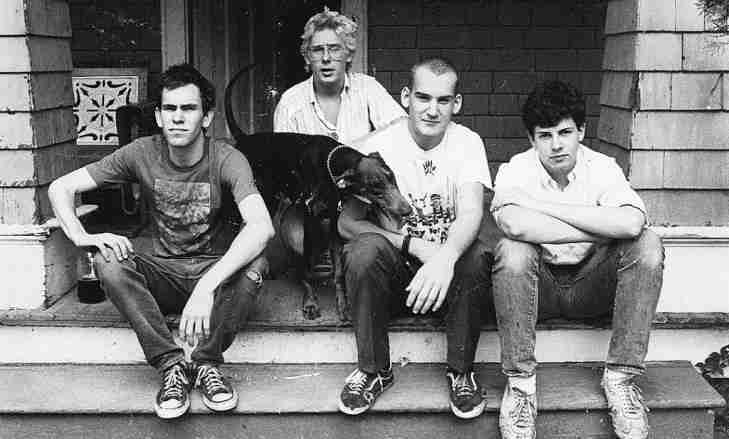Site Admin
550. The Box Tops
One of the early Blue Eyed Soul bands was Memphis, Tennessee’s The Box Tops though there were many who would not classify them in that genre. Too many, the Box Tops were simply melodic Pop songs, but to those who listened a little more to their music they found a true soulful style of Pop that still seems so disrespected today. The Box Tops was the launching point for Alex Chilton, whose band Big Star remains the most revered Pop band in music history. However, should the Hall feel that they want to induct Chilton in some capacity it may come with the Box Tops; though we haven’t seen any concrete evidence that they are looking to induct Chilton at all.
386. April Wine
With a long and storied history in Canada (peppered with a few minor hits in the United States), April Wine left behind a legacy of Hard Rock tunes and Power Ballads. Multi dimensional and great live performers, they are also very underrated and surprisingly have yet to reach the Canadian Music Hall of Fame. Without that accolade, there is little reason that they would get enshrined in Cleveland….not that this was going to happen anyway.
282. Minor Threat
Their songs were played loud, fast and crisp and each song was so short it was over before you knew it. Minor Threat’s career was bit like that too, as they were not around for very long. Like Bad Brains, they were an important fixture in the Washington D.C. Punk scene, but unlike other Punk acts, they were advocates of the “Straight Edge” lifestyle and are considered the first act to champion that. Although their run was limited, and their fan base was small, they actually had a bit of an impact.
540. The Slits
Maybe even too raw for Punk Rock (if that is at all possible), the all girl group, the Slits helped break down the gender doors. The Slits were among the first female group empowered in their own sexuality and were able to deliver a message that was campy yet lyrically deeper than the casual fan would give them credit for. With musical styling that ranged from Punk, Reggae and New Wave, they many not have had an extensive recording career but they helped opened the doors for others of their kind to follow.



